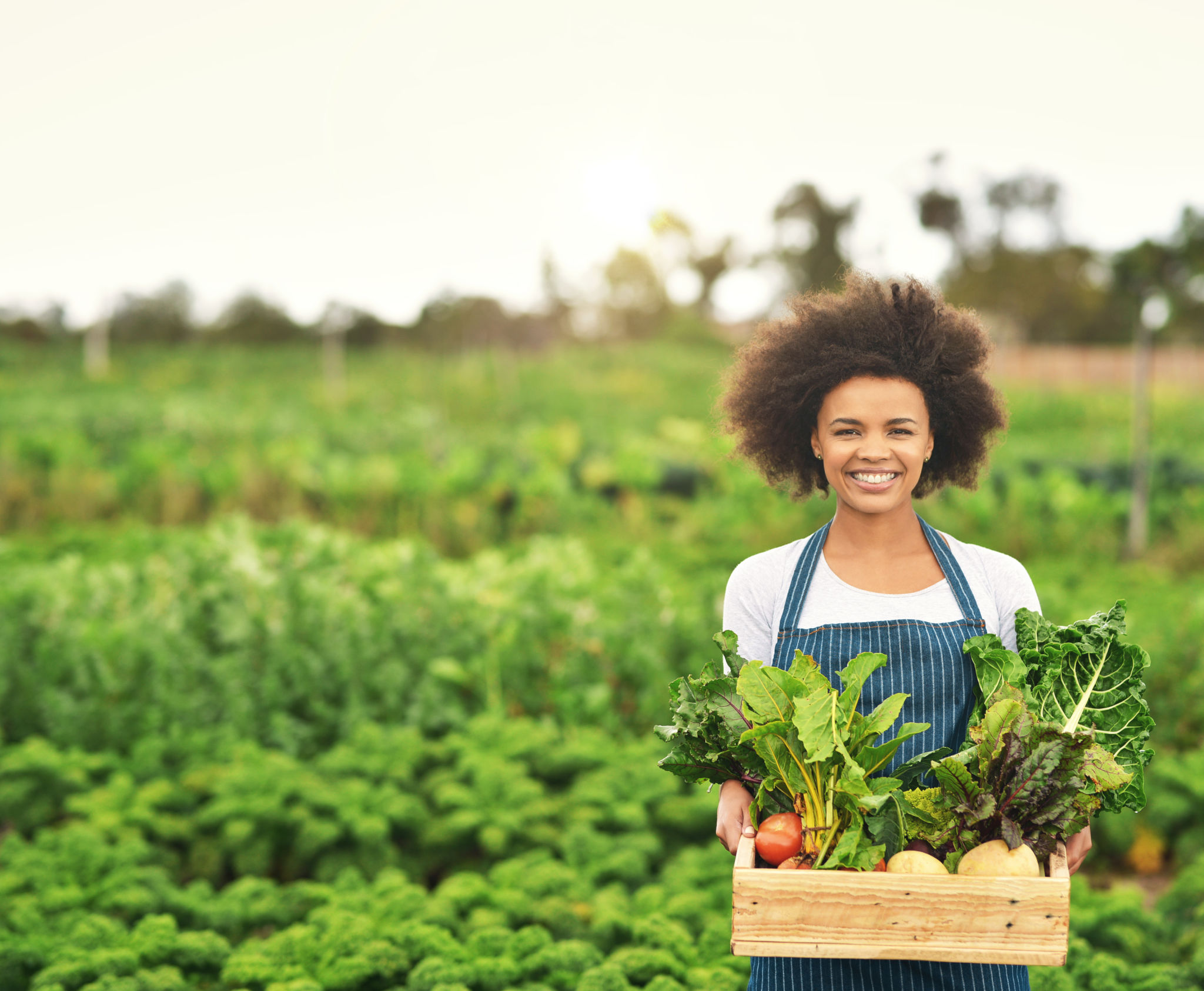Comparing Organic vs. Conventional Farming: Insights from Sunrise Farm Lombok
Understanding Organic and Conventional Farming
When it comes to farming, two main methods stand out: organic and conventional farming. Each has its own set of practices, benefits, and challenges. At Sunrise Farm Lombok, both types of farming are utilized, offering a unique perspective on their differences and similarities.

Defining Organic Farming
Organic farming focuses on maintaining ecological balance and biodiversity. Farmers who adopt this method avoid synthetic fertilizers and pesticides, instead opting for natural alternatives. This approach not only promotes healthier soil but also supports a sustainable environment.
Some of the key practices in organic farming include crop rotation, green manures, and biological pest control. These methods enhance soil fertility and reduce pollution, making organic farming a preferred choice for environmentally conscious consumers.
Exploring Conventional Farming
On the other hand, conventional farming employs modern techniques and chemical inputs to maximize productivity. This includes the use of synthetic fertilizers, pesticides, and genetically modified organisms (GMOs) to achieve higher yields and meet the growing food demand.

While conventional farming can be more efficient in terms of production, it often raises concerns about environmental impact and food safety. The reliance on chemicals can lead to soil degradation and water contamination, issues that are at the forefront of discussions about sustainable agriculture.
Comparing Yields and Efficiency
One of the most significant differences between organic and conventional farming lies in their yield and efficiency. Typically, conventional farms produce more output due to advanced technology and chemical inputs. However, Sunrise Farm Lombok has witnessed that organic farms can also achieve competitive yields through innovative practices and a focus on soil health.
Farmers at Sunrise Farm use composting and natural pest management techniques to maintain productivity while adhering to organic standards. This demonstrates that while organic yields may be lower in some cases, they can be optimized with the right strategies.

Impact on the Environment
Environmental impact is a critical consideration in choosing between organic and conventional farming. Organic farming is generally seen as more environmentally friendly due to its focus on natural processes and reduced chemical usage. It helps conserve water, reduce pollution, and maintain soil health.
Conversely, conventional farming's dependence on synthetic substances can lead to negative environmental consequences. However, it also offers the advantage of feeding a larger population at a lower cost.
Consumer Preferences and Market Trends
Consumer demand plays a vital role in shaping farming practices. There is a growing trend towards organic products as consumers become more aware of health and environmental issues. Sunrise Farm Lombok has noted an increase in organic produce sales, reflecting this shift in consumer behavior.
The market for organic products is expanding, offering farmers higher premiums for their produce. This economic incentive encourages more farmers to transition to organic methods, although challenges such as certification costs and compliance remain.

Conclusion: Choosing the Right Path
The choice between organic and conventional farming ultimately depends on various factors including environmental goals, economic considerations, and consumer demand. At Sunrise Farm Lombok, both methods have their place, each contributing uniquely to sustainable agriculture.
While organic farming prioritizes ecological balance and long-term sustainability, conventional farming meets immediate food production needs. Understanding these differences helps consumers make informed decisions about their food choices and supports farmers in choosing the most suitable practices for their land.